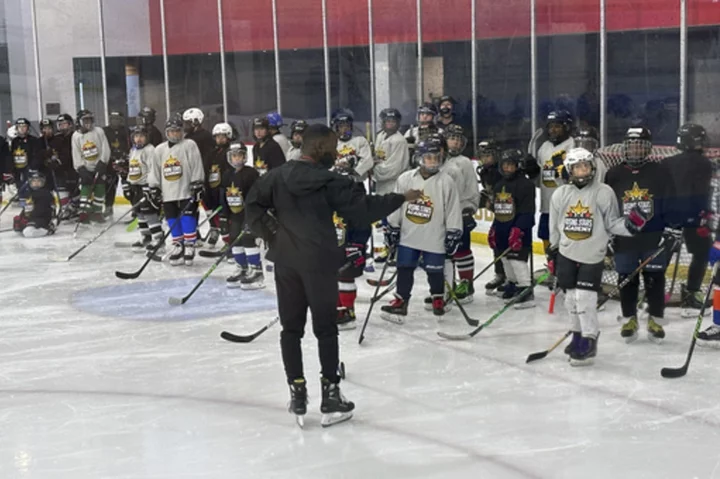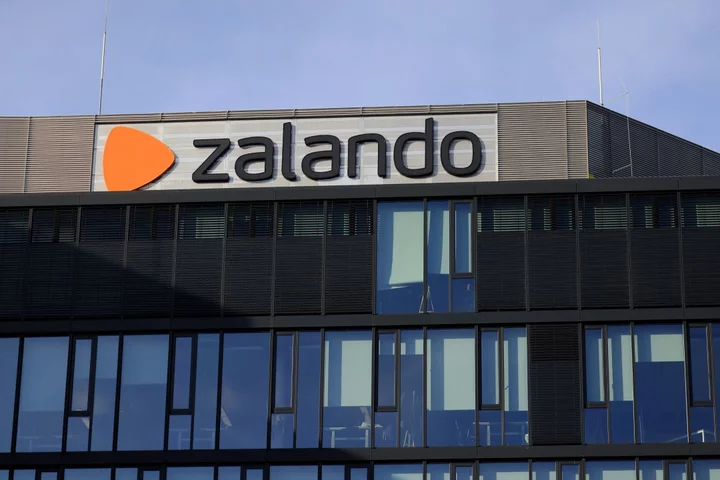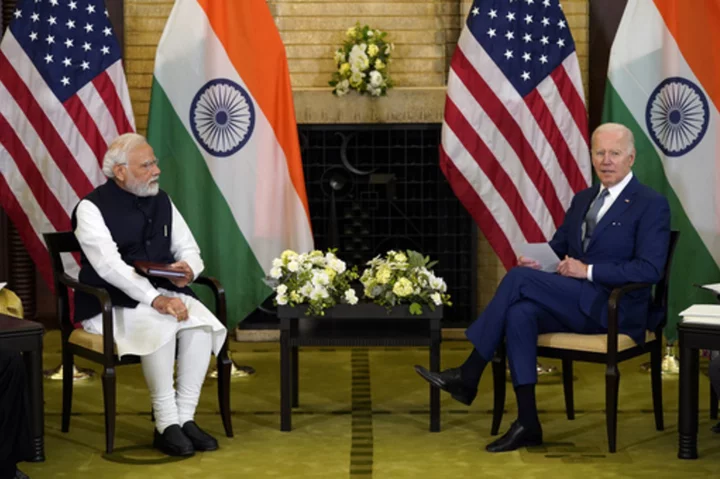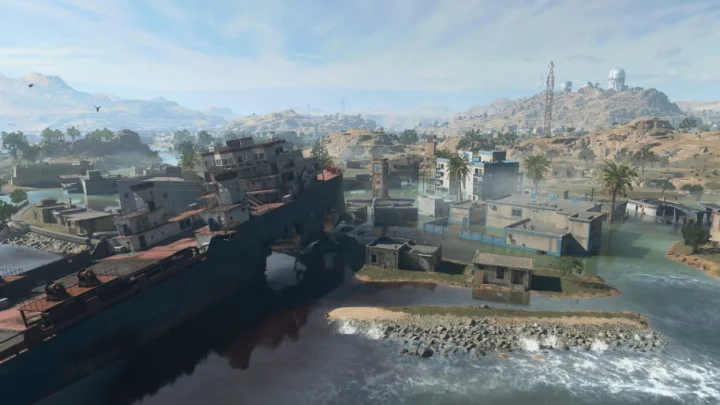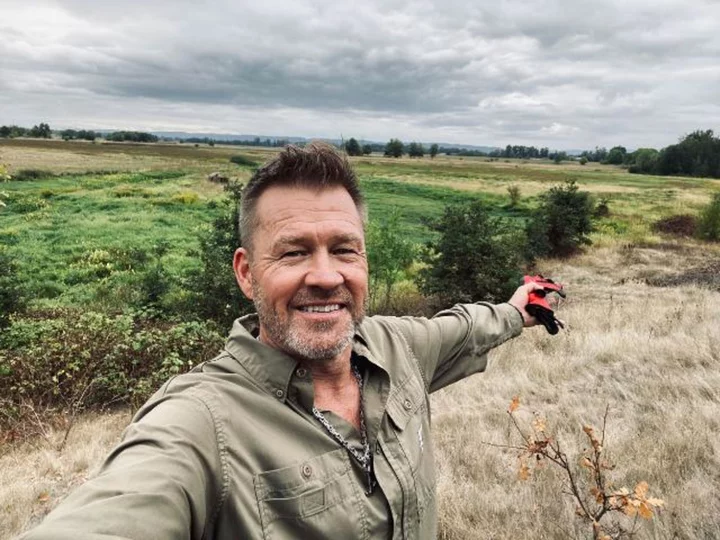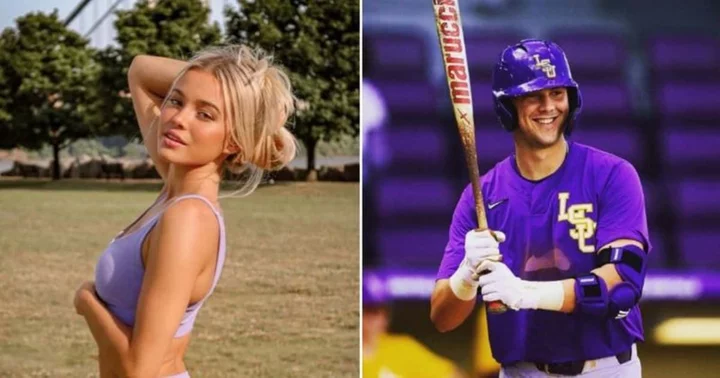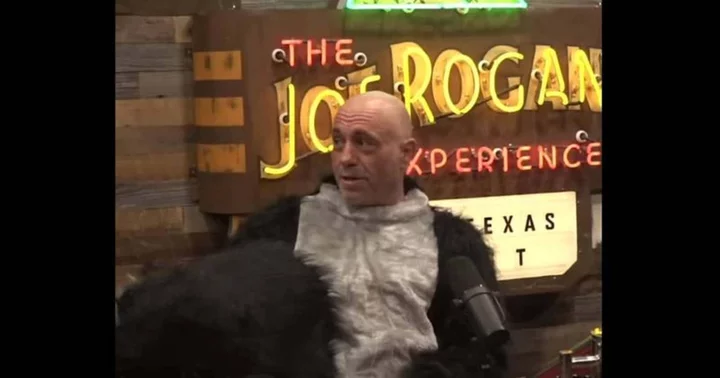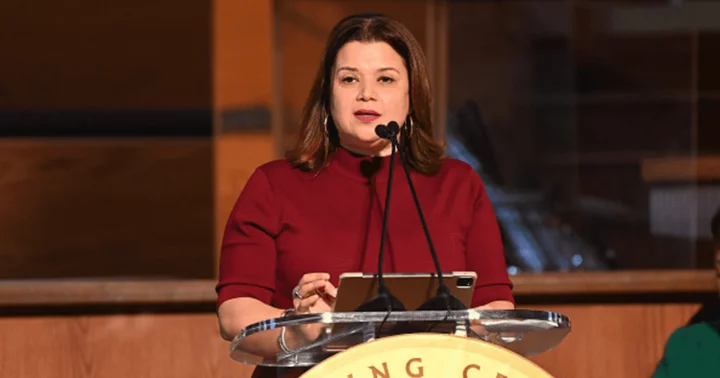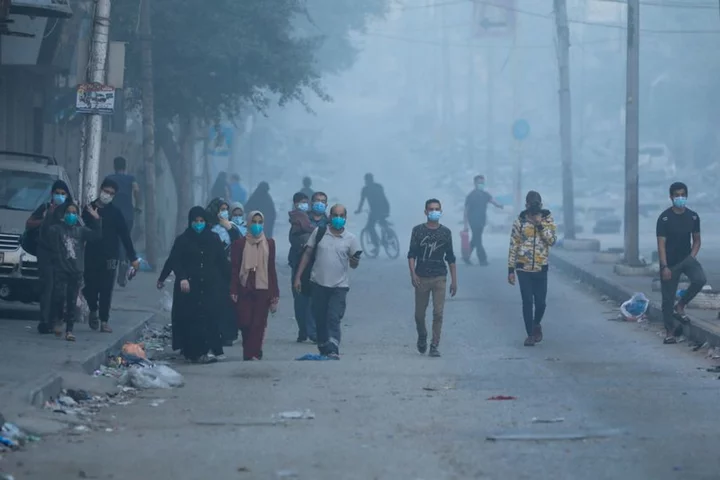ARLINGTON, Va. (AP) — Braeden Montague walked into the Washington Capitals practice facility following a long drive back from a summer trip to Winnipeg. The crowd inside made it worth the trek.
In the building were more than 100 fellow hockey players of color. On the ice were four Black coaches. Montague, who is of Black and Indian heritage, was stunned.
“I’m not the only one,” the 15-year-old recalled thinking.
That was the point.
The Rising Stars Academy in late August was designed to provide minority hockey players with elite on-ice skill development and off-ice training geared toward problem-solving and handling some racist elements in a sport that remains predominantly white. Fifteen years in the making, the program — one of only two of its kind around the NHL — represents the next step for players and their families who have already chosen hockey with the aim of retaining them and showing them a path to playing in high school, college and beyond.
“Events like these are exactly what I wanted and craved when I was a kid,” lead instructor Duante’ Abercrombie said. “I feel as though I’m speaking to the next little Duante'. The whole reason for events like this is to open their eyes to see that there’s so much you can accomplish.”
Abercrombie, a member of the Capitals Black Hockey Committee who served as the Toronto Maple Leafs coaching development associate last season, worked with the team's youth hockey program to craft the two-day clinic to teach local players everything from proper nutrition and conflict resolution to college recruitment.
Capitals director of youth hockey Peter Robinson pointed out the sport has several different avenues for players to climb the ladder, many of which are different than baseball, basketball or football. Developing the clinic took time because, first, hockey had to expand in the Washington area, and many families now in various programs are wondering what's next.
“We’ve established providing opportunities and providing entry level opportunities for kids,” Robinson said. “Now that we’ve done that, we built that base of the pyramid, as we like to say ‘the pyramid of participation,’ we can now focus on the kids that are participating and help then go from maybe (recreational) to elite or elite to that top tier, maybe help a kid get from house to travel or travel to tier one or from high school to college.”
That is exactly the experience Braeden's mother, Raveena Seeraj-Montague, wanted for her son and why she was willing to drive 24 hours back from her hometown in Manitoba for it. A goalie and left wing with the surgically repaired knee to show for playing hockey growing up, she told her son it would be a life-changing experience.
Recounting some of the racist incidents she and Braeden has been subjected to, Seeraj-Montague expressed disappointment that her son was having a worse experience in hockey in the D.C. area than she did back in the late 1970s and early 1980s in Canada. The chance to hear stories and advice from Abercrombie, former Navy hockey captain Ralph Featherstone and longtime Fort Dupont Cannons coach and U.S. Hockey Hall of Famer Neal Henderson was worth it.
“Hearing Duante' speak about his experiences, you’re really changing one mind at a time when it comes to parents, players,” she said. “It helped him to understand he is not alone."
Abercrombie recounted receiving a hand-written apology letter from a former high school teammate, who is white. Featherstone described multiple attempts to make teams growing up and being discriminated against for being Black.
Featherstone, who recently retired after 24 years in the Marines, believes that off-ice training is more valuable to kids than the on-ice work because it shows them they're part of a community and how to deal with racism and other challenges.
“Stuff like this where you’re like: ‘Oh, there are other kids that look like me that do this sport. I’m not alone, OK, I’m in the right space’ is invaluable to keeping them in the game,” Featherstone said. “Because if they feel like they’re alone, if they feel like no one that looks like them does the sport, then then we’ll lose them.”
They're not losing Montague, whose mother said he is not getting pushed out of the sport he loves because of racist episodes. But she recognizes there are plenty of other kids around the country who could benefit from a similar program.
Organizers borrowed some ideas from the Pittsburgh Penguins' Willie O'Ree Academy started in 2021 and added some other aspects. Robinson said the Capitals were eager to share their experiences with other NHL teams to grow minority participation in the sport around the U.S.
“With diversity brings a different way to solve complex problems,” Featherstone said. “It’s not just representation. It’s about, hey, we can make this sport better by including folks from different backgrounds that bring a little flair, a little bit something different.”
___
AP NHL: https://apnews.com/hub/NHL

